Christopher McCandless is considered by many to be a popular hero of modern times. His decision in the early 1990s to abandon the comfort of modern life and “live simply” prompted others to reconsider their lifestyle.
Yet the truth is that he was, for the most part, a stranger, except to his friends and family, and it must be said that his untimely death at the age of 24 was not the dream adventure she was supposed to be. While it is certainly important to appreciate his rejection of material things, Christopher McCandless’s story can be, at heart, a cautionary tale…
1. Christopher McCandless’s life is a mysterious and tragic story.
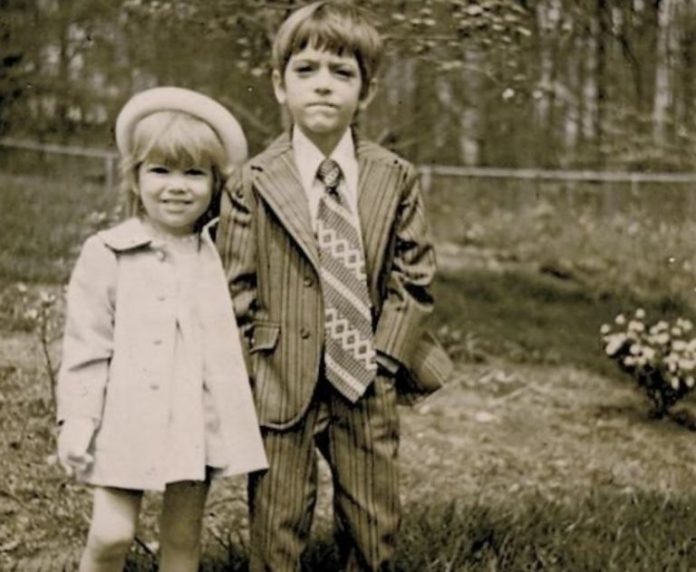
Born in El Segundo, California, on February 12, 1968, he moved with his family to Annandale, Virginia in 1976 when his father, Walt, accepted a job with NASA. One might think that this made the family happy, but a surprising discovery changed everything…
2. Walt’s career provides a comfortable life for Christopher, but that doesn’t mean he’s always been happy.
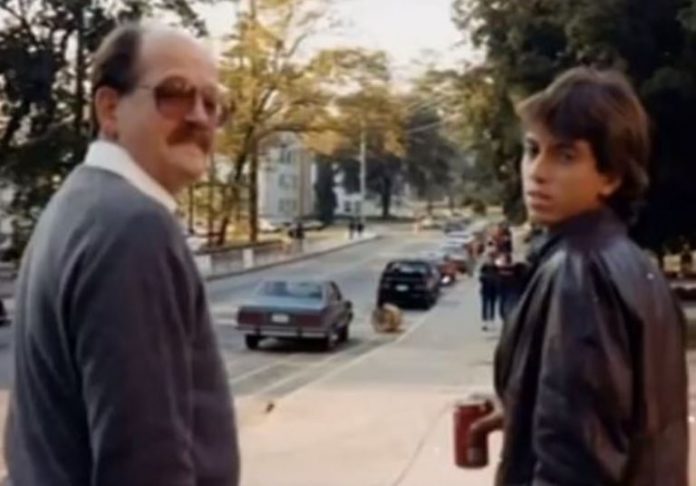
Already known for his stubbornness and temperament, Christopher was furious when he learned that his father had kept a disturbing secret.
3. Christopher learned that his father had a secret family in California, with six half-brothers and half-sisters he had never met.
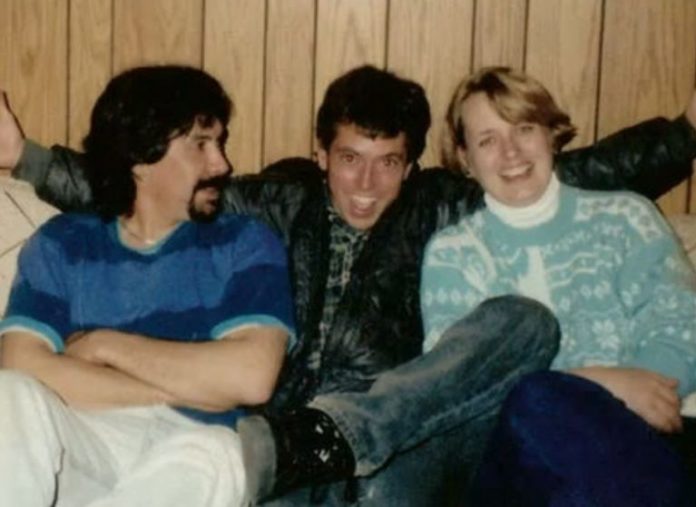
This revelation changed the way the young man saw the world, and he stopped talking to his parents until he graduated from university.
4. Christopher attended Emory University.
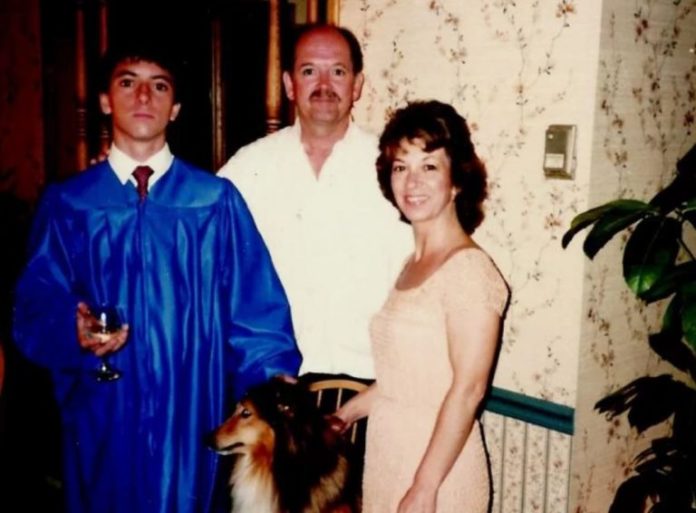
He was a good student with an average of 3.72 GPA. He has broadened his interest in social issues, such as South African apartheid. It was also at this point that he began to give up the wealth and material comfort with which he had grown up.
5. According to Christopher, the university was a “20th-century fashion”.
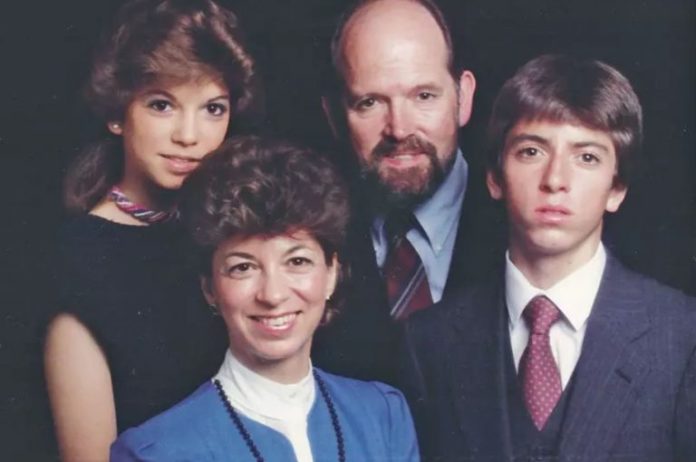
Upon graduation, he donated more than $20,000 to Oxfam, a charity that fights hunger around the world. It was the money her parents lent her. In 1990, he left most of his belongings at home as he embarked on the adventure that would define his life.
6. Christopher abandoned his family and started a new life, never speaking to them again.
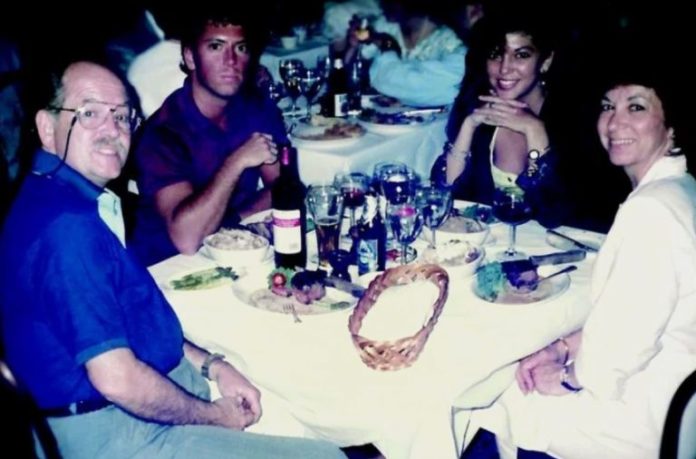
He even gave himself a new name: Alexander Supertramp, inspired by the 1908 book, The Autobiography of a Super-Tramp by William H. Davies.
7. Christopher has travelled a lot.
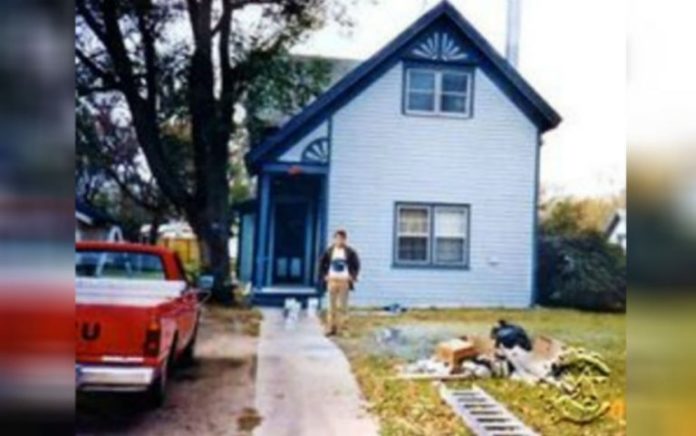
On a mission to lead a more meaningful life, Christopher crossed several states until his car stopped working due to a flash flood in Carthage, South Dakota. But it didn’t seem to piss him off. “This piece of s*** has been abandoned,” he writes in a note. “Whoever can get him out of here can have him.”
8. Christopher saw this incident as a sign from the universe that he had to abandon all the material comfort he enjoyed in his past life.
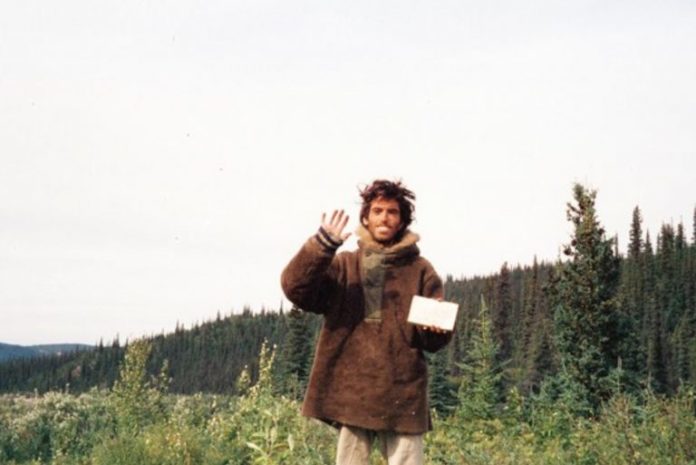
He continued his journey, without any particular destination, by jumping on trains, hitchhiking, cycling or even canoeing, whenever possible.
9. During his trip, Christopher listed his adventures in a diary.
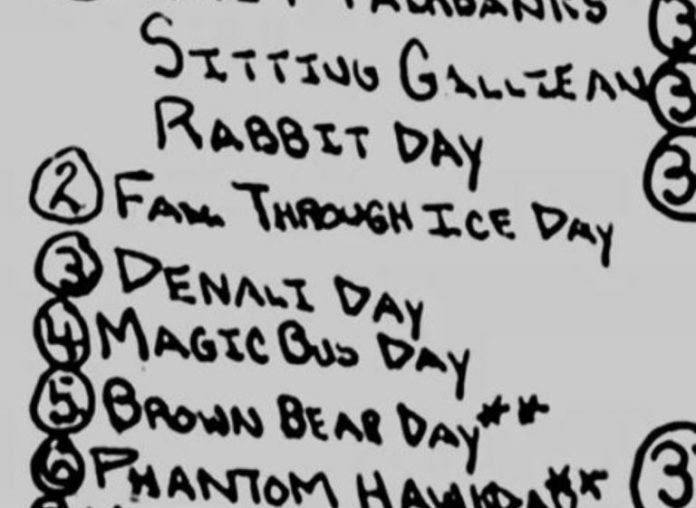
Although a little strange, many people have found inspiration in passages like this: “It is important in life not to be strong, but to feel strong, to measure yourself at least once. If you want something in life, grab it.”
10. Christopher finally settled in Alaska, where he took refuge in the abandoned “Bus 142” on the Stampede Trail.

He stayed in this makeshift house for months, “living off the land” hunting animals like squirrels and porcupines.
11. Forty-three days after his stay on the bus, he shot a relatively small 600-pound moose.
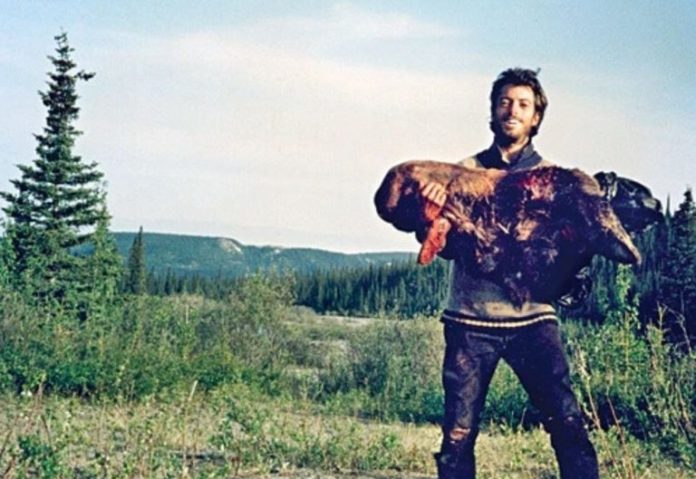
He was so proud of himself that he took a picture with the carcass. To preserve it, he smoked meat, but maggots appeared five days later; the young man had no choice but to let the wolves eat the carcass.
12. “I wish I had never shot the moose,” he wrote.
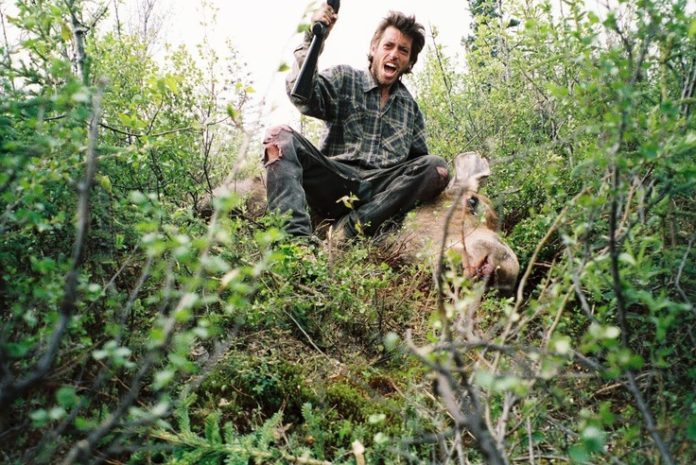
“This is one of the greatest tragedies of my life.” It was obvious that Christopher was ill-prepared for his new lifestyle. He only had a camera, pocketbooks, including one to identify plants, a.22 calibre rifle, a compass and a bag of rice.
13. Despite all expectations, Christopher tried to return to society.
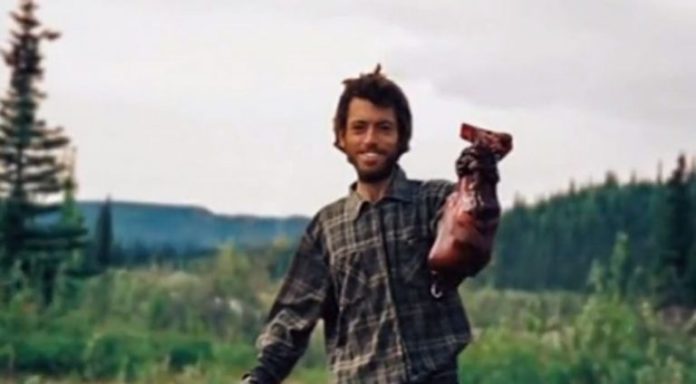
More than three months after he started living on the bus, Christopher finally tried to return to civilization. He packed up the few things he had and even shaved his beard. However, when he reached the Teklanika River, he realized that it was impossible…
14. Christopher couldn’t cross the river.

Christopher had crossed the river months earlier when it was frozen, despite his fall on the ice. However, when he returned in July, the glaciers had melted and the waters were rushing again. He had no choice but to walk back to the bus.
15. Back on the bus, Christopher realized he was in danger.
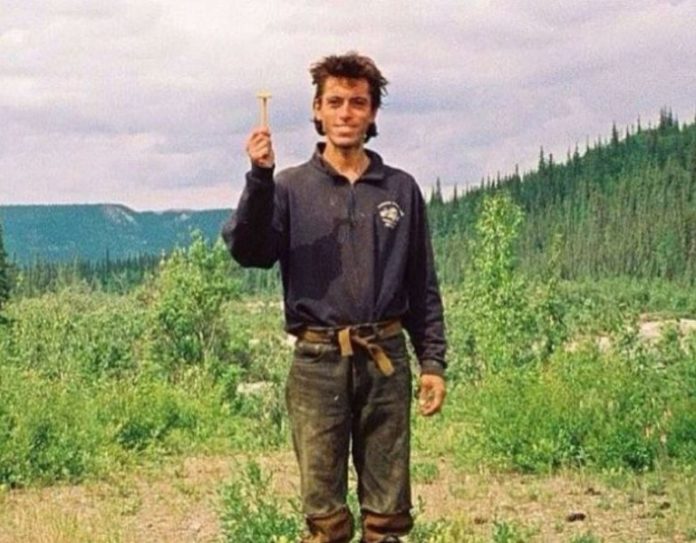
“I need your help,” he writes on the torn page of a novel. “I’m hurt, almost dead, and too weak to get out of here. I’m all alone, it’s not a joke. In the name of God, please come and save me. I’ll go outside and pick berries and come back tonight…”
16. Over time, Christopher resigned himself to his fate.
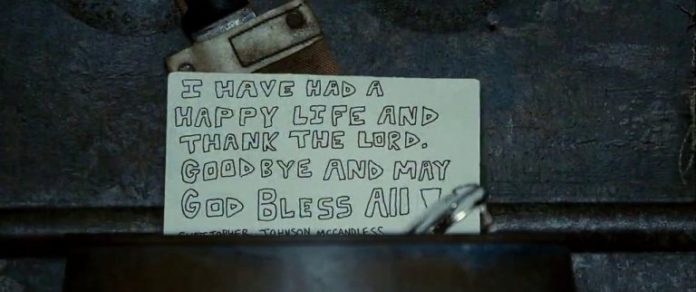
“I have had a happy life and thank the Lord. Goodbye and may God bless you all!” The last entry in his diary says, “Happiness is only real when it is shared.”
17. On September 6, 1992, a moose hunter discovered the decomposed body of the 24-year-old man, still in a sleeping bag.
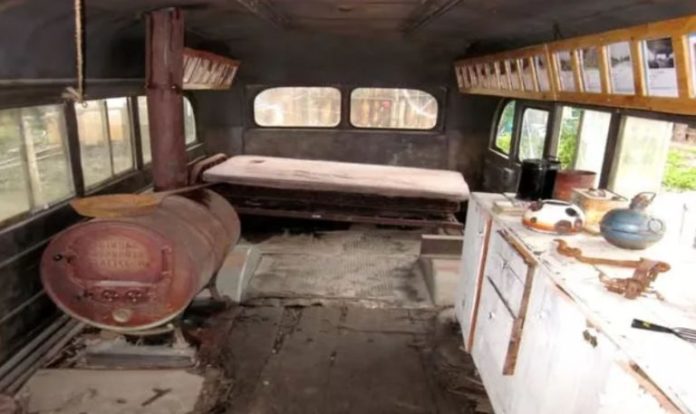
The famine was officially considered the cause of his death, but it was perhaps a little more complicated than that…
18. Christopher was indeed hungry…
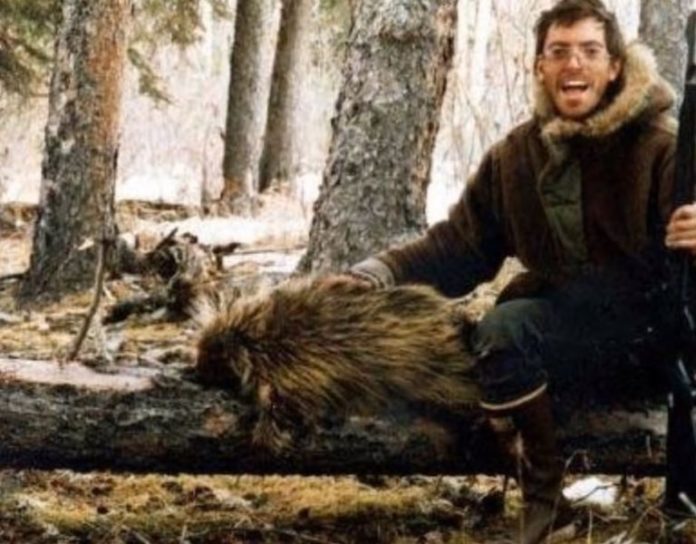
However, it was later revealed that his death was probably caused by the consumption of wild potato seeds that are known to prevent nutrients from being properly absorbed. It would also have gradually paralyzed the already weak young man, so it would have been impossible to hunt for more food.
19. It only takes a short time for someone to write Christopher’s story.
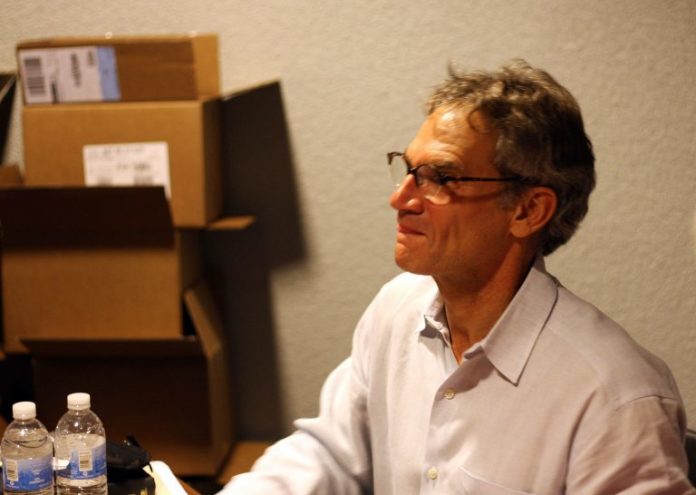
In January 1993, writer John Krakauer caused a sensation by publishing Christopher’s account of his strange life in an article in the Outside magazine entitled “Death of an Innocent”. He developed the story in his 1996 biography, “Into The Wild”, which allowed Christopher to become better known.
20. Writer and director Sean Penn adapted the book into an acclaimed film of the same name in 2007.
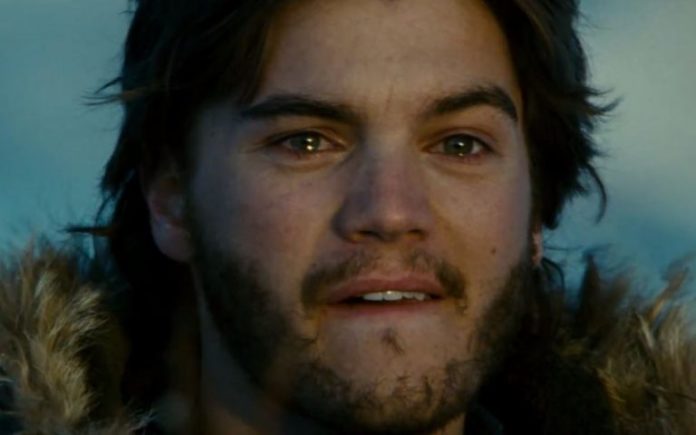
Christopher’s story continues to divide people to this day. “It’s a Rorschach test: people see what they want,” says Krakauer. “Some people see Christopher as an idiot, others as a reflection of their personality. I’m in that category, that’s for sure.”
21. A lot of people are going to see Christopher’s bus.

Indeed, admirers of Christopher’s philosophy – and those who are simply fascinated by it – go so far as to make a pilgrimage on the magic bus itself. It is by no means an easy journey…..
22. Christopher made a choice that many thoughts were stupid and selfish, but the alternative was to follow a predetermined path in which he didn’t really believe.
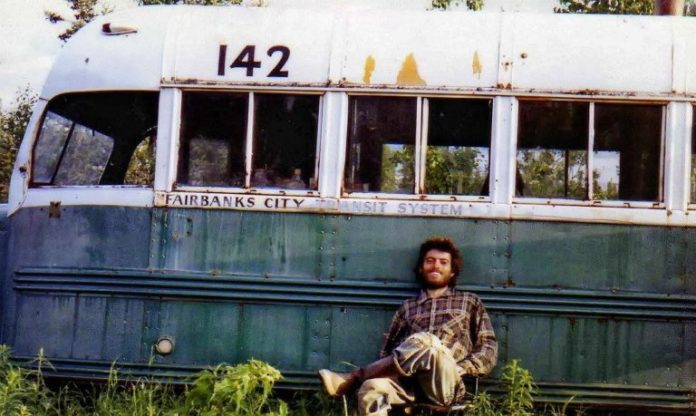
Regardless of your position on the issue, it is difficult not to recognize that he lived a life in which he believed.
Whether you consider Christopher McCandless as a young philosopher who died too early or as a naive child who took unnecessary risks, it is not surprising that so many people were captivated by his journey.


































